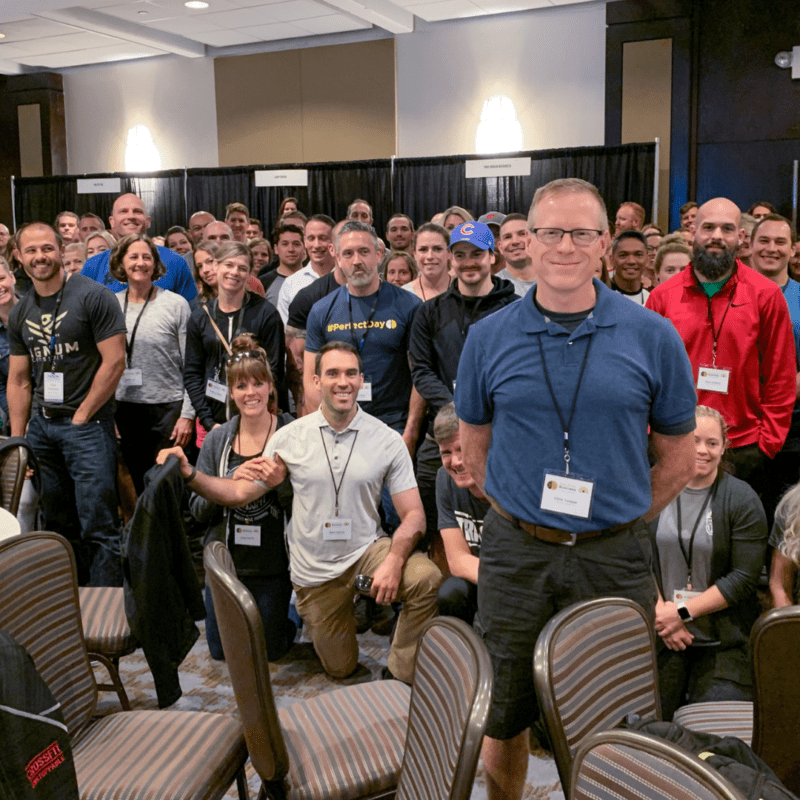Gym owner Mike Collette led a great seminar in our Tinker group last month. He called it “Mentoring Your Team,” and he shared a fantastic tool for leading others to grow their businesses.
Here’s one of the comments he made: “This is a peacetime strategy. In wartime, things change.”
After the call, I asked him to explain further.
He told me that when your business is under stress—like a COVID lockdown, a location change or a period of key staff turnover—you take a “war stance.” But when times are normal to good, you shift to a “peacetime” strategy.
In Wartime
- Audit your expenses for ROI, and keep only the things that provide a clear return.
- Preserve cash flow. Don’t start anything new.
- Trim staff to the essentials. What roles do you absolutely need right now?
- Seek funding support (maybe grants but maybe just a cash buffer from the bank).
- Put everything into retention. Focus on keeping the clients you have instead of trying to replace the ones you’re losing with new clients.
- Shift delivery of your model but don’t change your model.
- Protect what you have instead of taking risks.
In Peacetime
- Audit your model.
- Raise your rates.
- Try adding new services.
- Mentor your team to grow their intrapreneurial ideas.
- Hire.
- Plan for expansion.
- Write your Vivid Vision.
- Build your reserves (two months’ expenses is more than enough).
- Look for opportunities to absorb competitors.
- Pull profit from the business and invest it elsewhere.
What Time Is It?
The key is knowing the difference between wartime and peacetime.
Entrepreneurs are usually stressed. It can feel as if they’re always at war. But you have to ask yourself, “Is the pressure right now coming from something I can control or something that’s beyond my control?” That’s the difference between wartime and peacetime.
COVID lockdowns were the perfect example of wartime. Austerity measures were smart. Focusing on retention meant over-delivering to your clients, spending more time talking to them and investing more effort than usual in delivering your service.
But most gyms worldwide are at peace right now: They’re seeing a surge of hope from the market, they’re seeing opportunities to absorb competitors, and their staff members have a renewed sense of purpose. Times are easier right now, so it’s time to expand.
When your business is under stress that you can’t control, adopt a wartime mindset. Play defense. But when normalcy returns, it’s time to grow.
One final key: For many years, I thought I was living in wartime. I thought that my business was under constant attack from competitors and landlords and lack of cash.
But it was all in my head. A mentor showed me that the greatest enemy to my business was me: I was acting like a despot instead of the leader of the free world. That shift led to a more abundant mindset—and eventually wealth.

